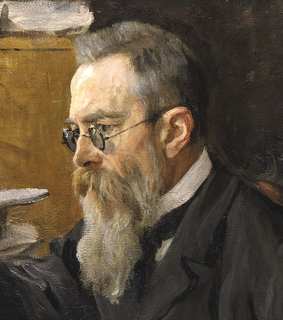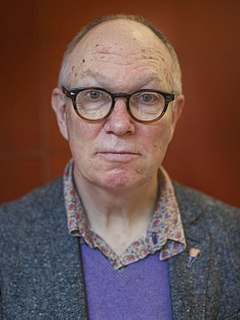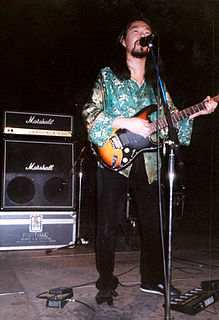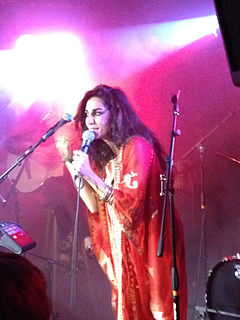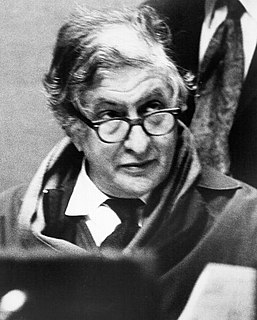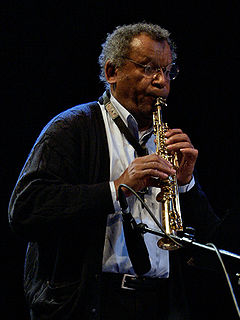A Quote by Jean-Michel Jarre
When you think after 25 years of Mao, Chinese people had no idea about western music or even western culture. They had no idea about James Dean or the Beatles or Charlie Chaplin, modern music or modern cinema.
Related Quotes
What is tragic today is that there is a number of Muslims who think that all the solutions are to be found simply by external actions. They don't have to do anything within themselves. This is a deeply Western idea - modern, Western idea, where you try to improve the world without improving yourself. And this is what the Muslims who talk about others putting their heads in the sand and that "We are doing jihad and we are political" and so forth, they are emulating a very important mistake of modernism.
You can learn to write. But what you write is something that depends on your taste and on your vision or whatever. Also, of course, the music I listened to inspired my idea of music. When people ask me "Where's your inspiration? Where does it come from?" I have no idea. Music is about music. Not about life and love.
In narrative cinema, a certain terminology has already been established: 'film noir,' 'Western,' even 'Spaghetti Western.' When we say 'film noir' we know what we are talking about. But in non-narrative cinema, we are a little bit lost. So sometimes, the only way to make us understand what we are talking about is to use the term 'avant-garde.'
As a composer I might class myself as a Neo-Romantic, inasmuch as I have always regarded music as a highly personal and emotional form of expression. I like to write music which takes its inspiration from poetry, art and nature. I do not care for purely decorative music. Although I am in sympathy with modern idioms, I abhor music which attempts nothing more than the illustration of a stylistic fad. And in using modern techniques, I have tried at all times to subjugate them to a larger idea or a grander human feeling.


